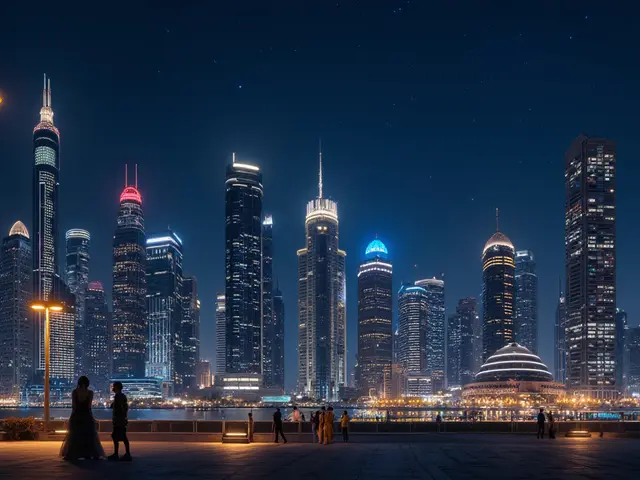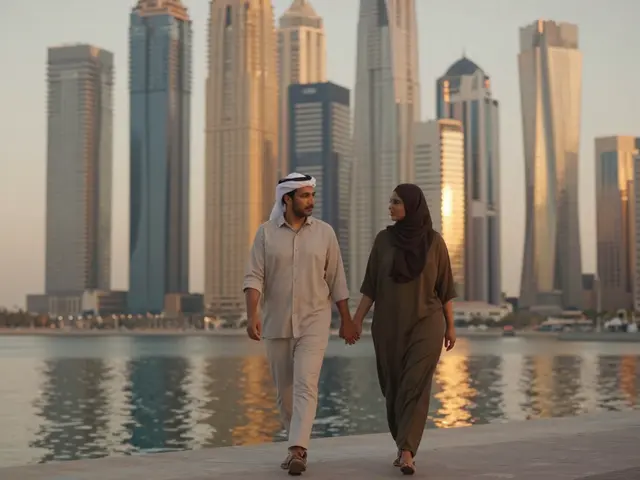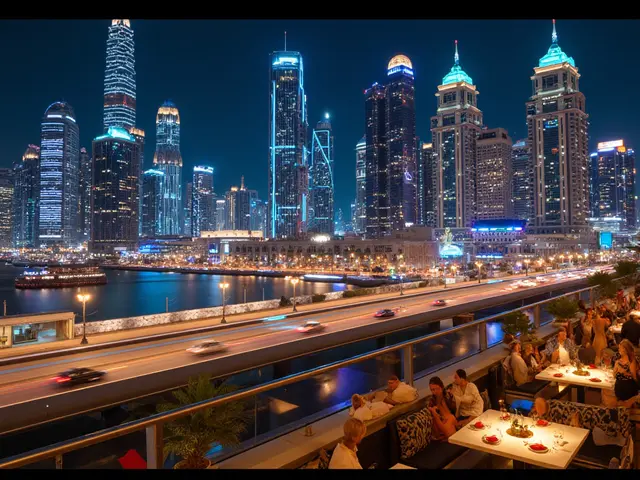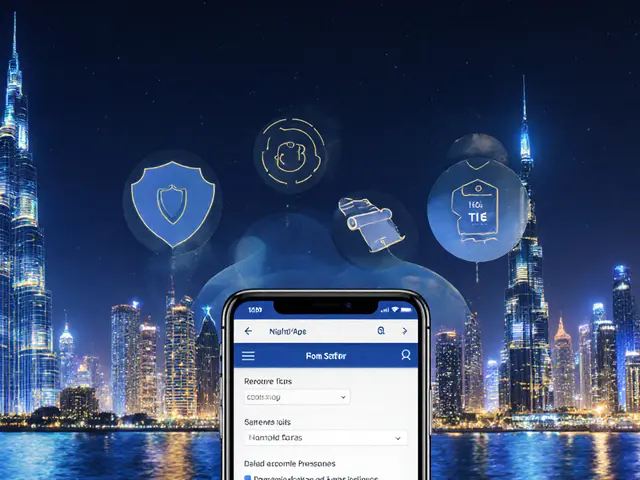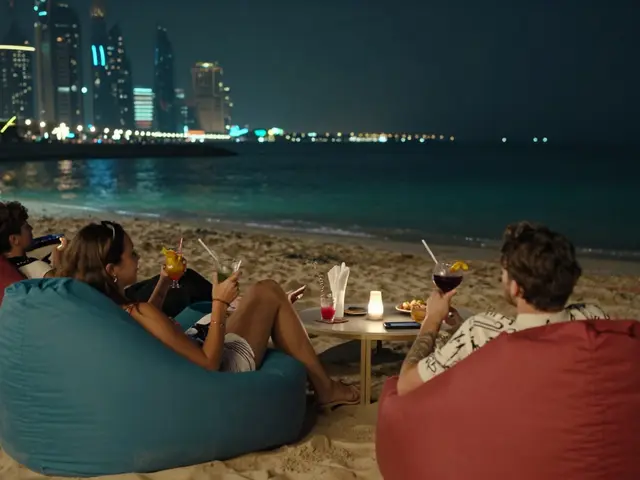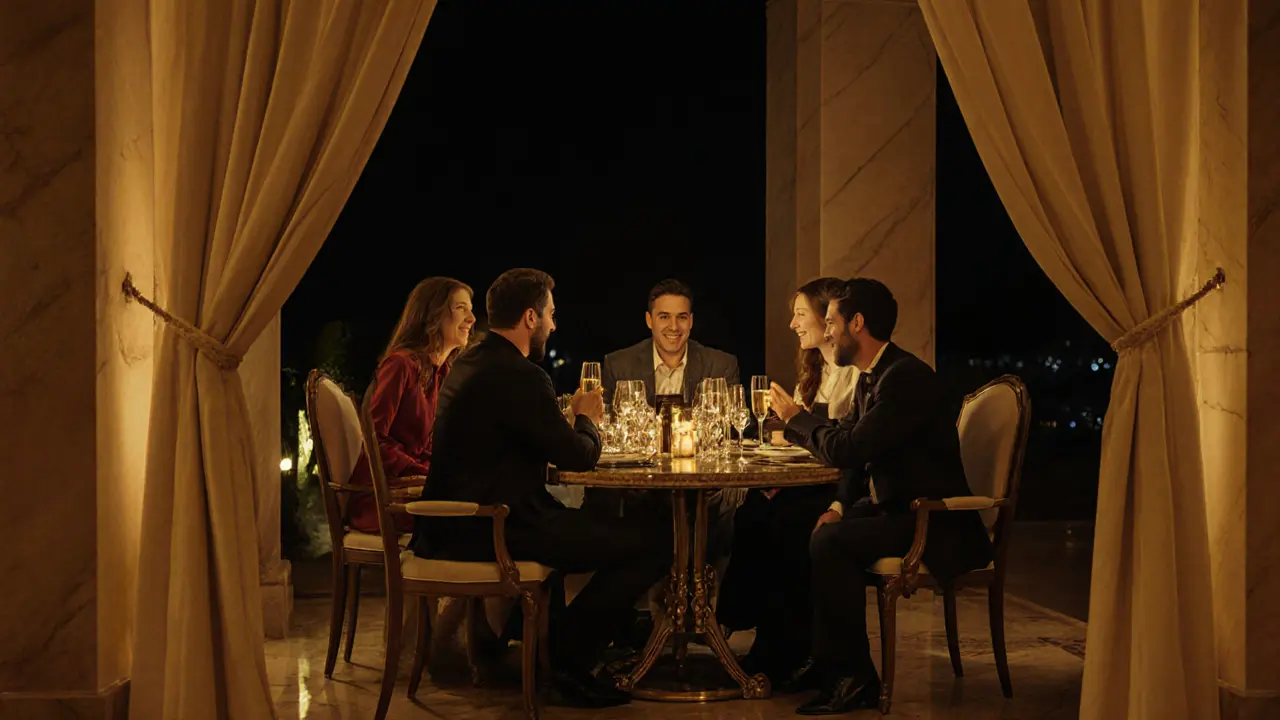
Sex, Power, and Politics in Dubai: What Really Happens Behind the Scenes
You’ve heard the rumors. Maybe you saw a documentary, read a sensational headline, or overheard a conversation at a hotel bar in Downtown Dubai. The question lingers: sex in Dubai-how does it really fit into a city that bans public displays of affection and locks up foreigners for kissing in public? The answer isn’t about what’s allowed on the streets. It’s about what happens behind closed doors, in boardrooms, and inside the palaces of power.
What You’re Not Being Told About Sex and Power in Dubai
Dubai doesn’t have a sex scandal culture like Washington or London. There are no tabloid headlines about ministers and interns. But that doesn’t mean sex and power aren’t deeply intertwined here. They just operate under a different set of rules-one written in silence, enforced by tradition, and protected by law.
In Dubai, sex isn’t discussed openly, but it’s never far from decision-making. The city’s elite-sheikhs, business magnates, foreign investors-navigate a tightrope between global expectations and local religious norms. A foreign executive might host a lavish dinner party with mixed-gender seating, but the moment alcohol flows and conversations turn personal, everyone knows the line. Cross it, and you risk deportation, not just embarrassment.
Power here isn’t just about money. It’s about who you sleep with, who you don’t, and who you’re seen with. A woman in a high-ranking corporate role might be praised for her competence, but if she’s rumored to have a relationship with a senior Emirati official, her reputation can shift overnight-not because of her work, but because of assumptions about her motives.
Why This Matters: The Hidden Rules of Social Survival
If you’re planning to live, work, or invest in Dubai, you need to understand this: the city runs on unspoken agreements. You won’t find laws that say, “Don’t have an affair with your subordinate,” but you’ll find consequences if you do.
Foreigners often misunderstand Dubai’s strict laws as mere cultural conservatism. They’re not. They’re political tools. The ruling family maintains control by controlling perception. Public morality isn’t about religion alone-it’s about stability. Any hint of scandal involving powerful figures can trigger unrest, especially among conservative segments of the population. So, the elite keep their private lives private-not out of shame, but out of strategy.
There’s a reason you don’t hear about high-profile divorces, extramarital affairs, or LGBTQ+ relationships among the top echelons. Those stories don’t get leaked. If they do, the people involved vanish from public view-sometimes permanently.
How Sex Becomes a Political Asset
Here’s something few outsiders realize: marriage in Dubai isn’t just personal. It’s diplomatic.
Arranged marriages between Emirati families and foreign business partners aren’t uncommon. They’re strategic. A sheikh might marry his daughter to the son of a Chinese tech investor to secure long-term infrastructure deals. A European executive might enter a marriage of convenience with a local woman to gain residency rights or access to government contracts. These aren’t love stories. They’re alliances.
Even in the expat community, relationships carry weight. A British woman working in finance who dates a Qatari prince doesn’t just have a boyfriend-she has a connection to a sovereign wealth fund. That connection opens doors no resume ever could.
Sexual relationships, then, aren’t just private matters. They’re economic instruments. The people who control access to capital, land, and visas also control who gets to be intimate with whom-and under what conditions.
What Happens When the Rules Are Broken
Let’s say you’re a tourist, and you hook up with someone at a club. You think it’s harmless. You’re both consenting adults. You’re not breaking any laws… right?
Wrong.
Dubai’s laws don’t care about consent. They care about context. If you’re caught having sex outside of marriage-even if you’re married in your home country-you can be arrested. There are documented cases of couples being jailed for weeks while their embassies scramble to get them out. Some lose their jobs. Others are banned from returning for life.
And it’s not just foreigners. Emirati women who engage in relationships outside marriage face far worse consequences: honor-based violence, forced marriages, or being cut off from family and inheritance. Men? They’re often protected by the same systems that punish women. Double standards aren’t an accident. They’re policy.
The police don’t go out looking for couples having sex. But if someone reports you-your neighbor, your coworker, your ex-then the system kicks in. And once it does, there’s no appeal.
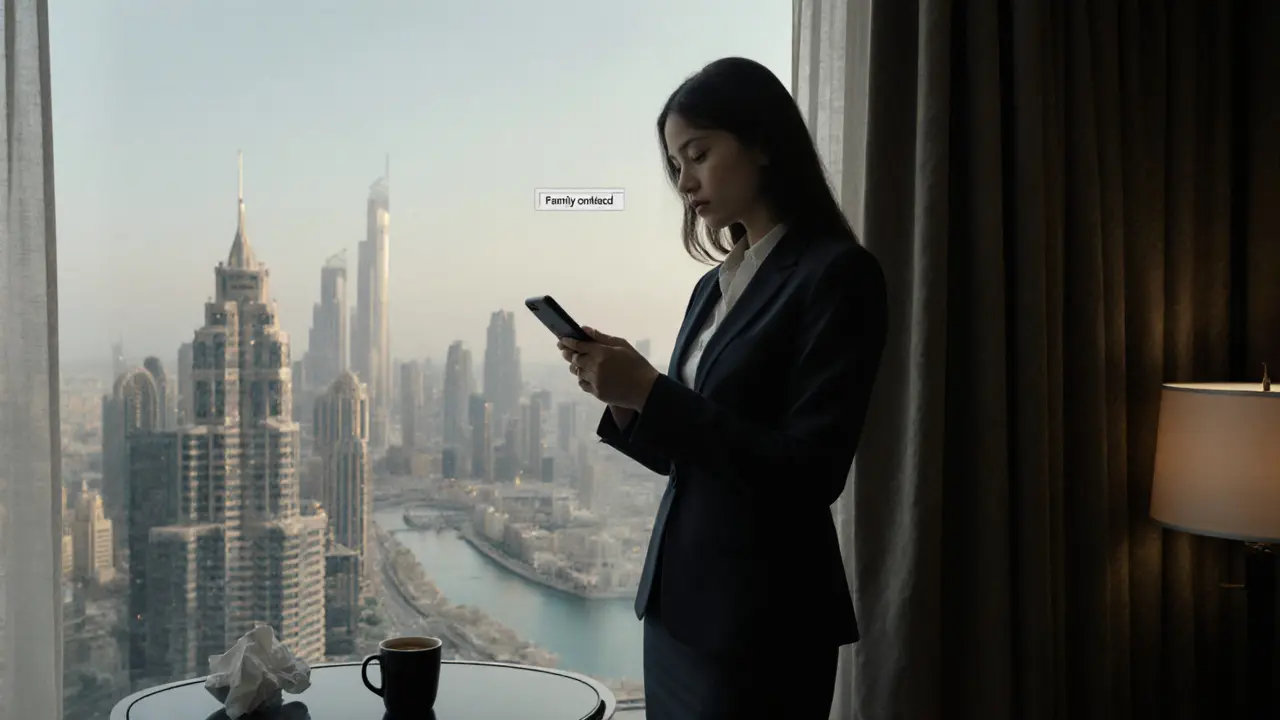
Where the Lines Are Drawn: Public vs. Private
Here’s the paradox: Dubai is one of the most sexually repressive cities in the world… and one of the most sexually active.
How? Because the rules are strictly enforced in public-but ignored in private. Luxury villas in Emirates Hills, private clubs in Jumeirah, and high-end hotels with discreet entrances are where the real social dynamics play out. Expats and locals alike maintain a public facade of modesty while living very different lives behind closed doors.
Think of it like a theater. On stage, everyone follows the script: women wear abayas, couples don’t hold hands, alcohol is restricted. Offstage, it’s a different show. Private parties with mixed crowds, intimate relationships, even open relationships among the ultra-wealthy-all exist, but only if they stay hidden.
The government doesn’t need to ban everything. It just needs to make the consequences of exposure severe enough that people police themselves. And they do.
Who Holds the Real Power? The Silent Architects
The people who truly control the relationship between sex and politics in Dubai aren’t politicians. They’re the clerics, the family elders, the private security firms, and the social media moderators.
These are the unseen enforcers. Clerics issue fatwas that shape public opinion. Family elders pressure their daughters into marriages. Security firms monitor social media for “immoral” content. And social media platforms, under pressure from the government, delete posts that hint at anything outside the norm-even if they’re just jokes.
There’s a reason you won’t find dating apps like Tinder working properly in Dubai. They’re blocked. Or they’re monitored. Or they’ve been forced to partner with local authorities to verify users’ marital status. The same apps that connect people in New York or Berlin are tools of surveillance here.
Power doesn’t always come with a title. Sometimes, it comes with a phone number and the ability to make a post disappear.
What Expats Get Wrong About Dubai’s Sexual Culture
Many expats assume Dubai is just “conservative” and that they can live like they do back home-as long as they’re discreet. That’s a dangerous assumption.
Discretion doesn’t guarantee safety. It just delays the consequences. A woman who has a relationship with a local man might be fine for months… until her family finds out. A man who flirts with a female colleague might be fine until he’s passed over for promotion-and someone whispers, “He’s not trustworthy.”
The system isn’t designed to catch everyone. It’s designed to catch the wrong person at the wrong time. And when it does, it makes an example.
There’s no such thing as “no harm, no foul” in Dubai. Harm is defined by the state, not the individual.
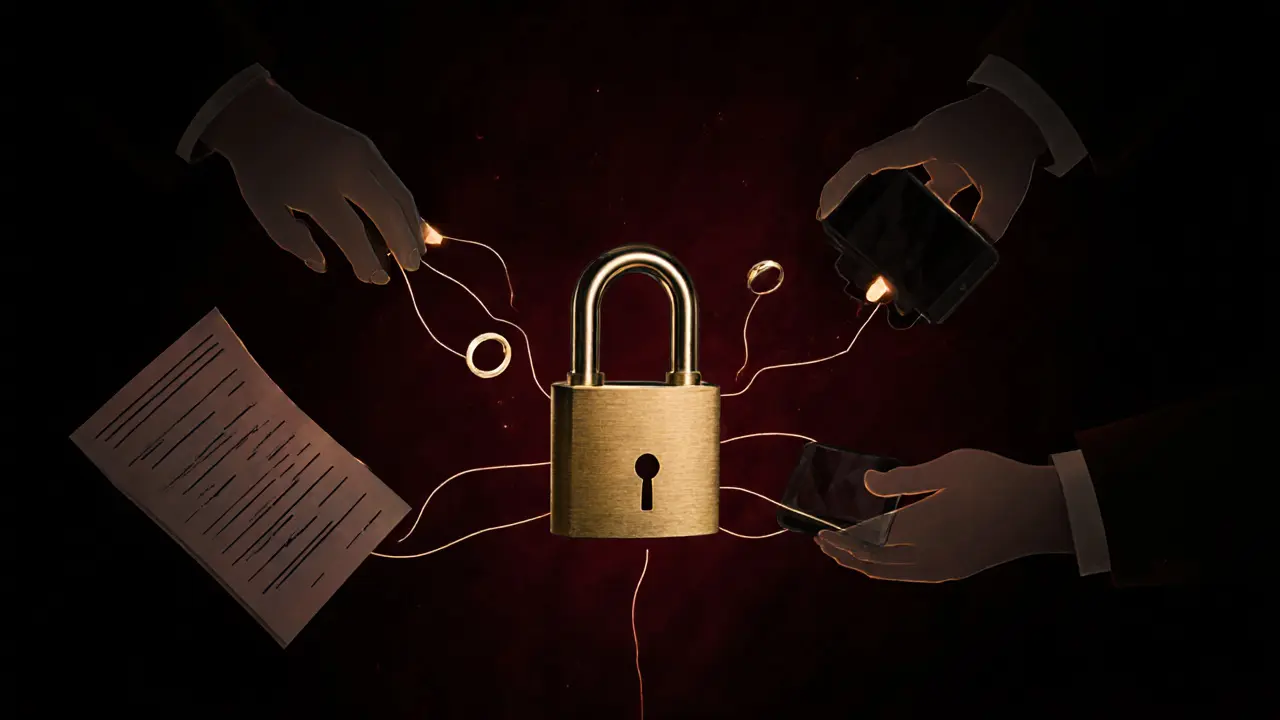
Comparison: Dubai vs. Other Gulf Cities
| Aspect | Dubai | Riyadh (Saudi Arabia) | Abu Dhabi |
|---|---|---|---|
| Public displays of affection | Illegal; fines or deportation | Strictly banned; arrests common | Illegal; rarely enforced unless reported |
| Sex outside marriage | Criminal offense; jail time possible | Criminal offense; harsh penalties | Criminal offense; rarely prosecuted unless public |
| LGBTQ+ relationships | Illegal; severe penalties | Illegal; death penalty theoretically possible | Illegal; rarely enforced but still criminalized |
| Marriage between expat and local | Allowed with permission; common among elites | Highly restricted; rare without tribal approval | Allowed; often used for business alliances |
| Private sexual behavior | Generally ignored if hidden | Monitored closely; surveillance common | Less monitored; more tolerance for discretion |
Dubai is more flexible than Riyadh, but less tolerant than Abu Dhabi. It’s the only Gulf city where you can find a thriving expat dating scene-if you know where to look. But that flexibility comes with a price: constant self-censorship. You’re not free to be yourself. You’re free to be yourself… as long as no one finds out.
Frequently Asked Questions
Is it legal to have sex in Dubai if you’re married?
Only if you’re legally married under UAE law. Foreign marriages are not automatically recognized. If your marriage isn’t registered with the UAE authorities, you can still be charged with adultery-even if you’re legally married in your home country. Always check with the Ministry of Justice before assuming your marriage is valid here.
Can tourists be arrested for kissing in public?
Yes. Even a quick peck on the cheek in a public place can lead to detention. Tourists have been arrested for holding hands, hugging, or kissing in airports, malls, and beaches. The police don’t always act-but they can, and they will if someone complains. There’s no warning. No second chance.
Do Emirati women have any sexual freedom?
Limited, and mostly within family-controlled boundaries. Emirati women can work, drive, and travel alone-but romantic relationships are heavily monitored. Dating apps are banned. Family honor is tied to female sexuality. A woman who dates outside her tribe or religion risks being disowned, forced into marriage, or worse. There are no public movements for sexual rights. Speaking out is dangerous.
Are there any safe spaces for LGBTQ+ people in Dubai?
No official spaces exist. While some expats form private networks, being openly LGBTQ+ is illegal. Same-sex relationships can lead to imprisonment, deportation, or even torture in extreme cases. Hotels may turn a blind eye, but they’re required to report suspicious activity. There is no safe public expression of LGBTQ+ identity.
Can you get in trouble for watching pornography in Dubai?
Yes. Downloading, sharing, or even accessing adult content on a device can lead to charges under cybercrime laws. Authorities monitor internet traffic. Even using a VPN doesn’t guarantee safety-many VPNs are blocked, and using one can raise suspicion. Possession of pornography is treated as a moral crime, not just a technical violation.
Final Thought: Power Doesn’t Need to Be Loud to Be Absolute
Dubai’s system works because it doesn’t scream. It whispers. It doesn’t ban everything-it bans the wrong thing at the wrong time. It doesn’t control your body. It controls your fear.
The relationship between sex, power, and politics here isn’t about repression for its own sake. It’s about control. The ruling class understands that if people are afraid to speak, to love, to be themselves, then they’re easier to manage. And in a city built on global ambition but anchored in ancient traditions, that fear is the most valuable currency of all.
You can live in Dubai. You can thrive. But you’ll never truly be free-not if you’re still wondering whether your next kiss could cost you your job, your freedom, or your future.

Damon Ferris
I work professionally as an escort and love to share my unique experiences from Dubai’s vibrant entertainment scene. I enjoy writing about my adventures and the evolving trends in the escort world. My passion is to offer insights that help others understand the social dynamics and culture of luxury entertainment. I aim to connect readers with a different perspective on Dubai through entertaining stories and reviews.
About
Discover escort UAE in our blog! Uncover the UAE’s nightlife, premium companionship, and discreet elegance with unique stories and insights. Start your journey today

